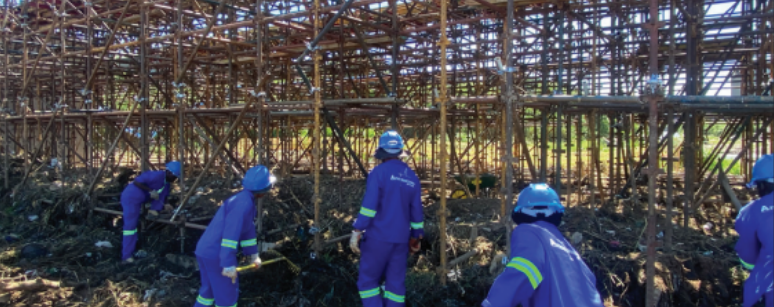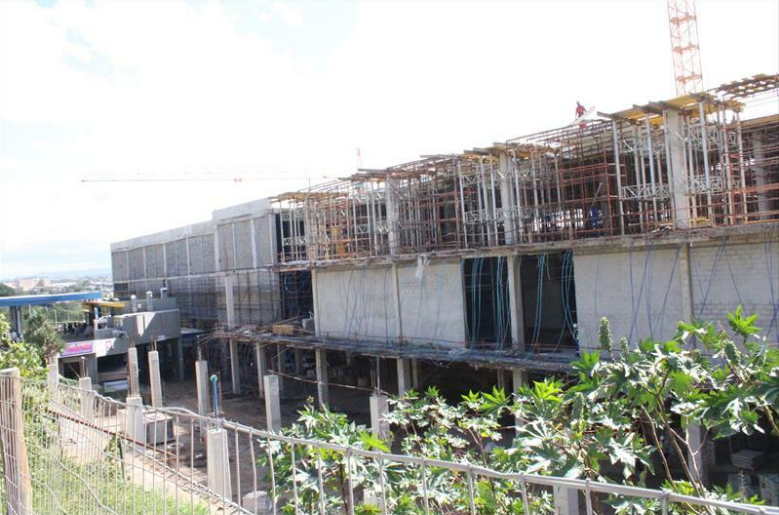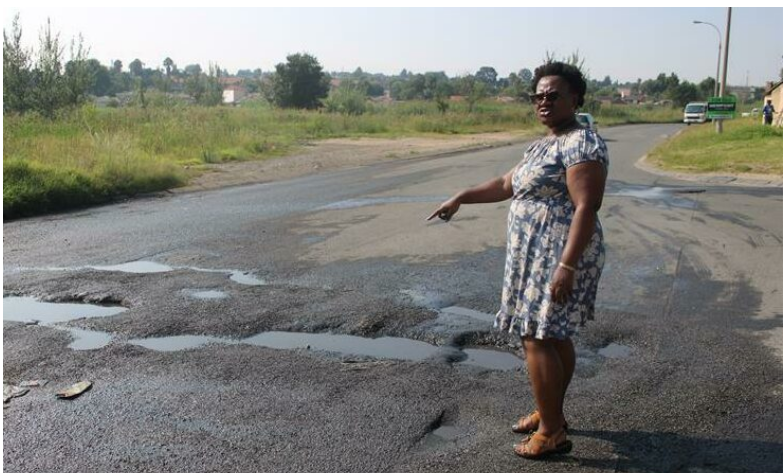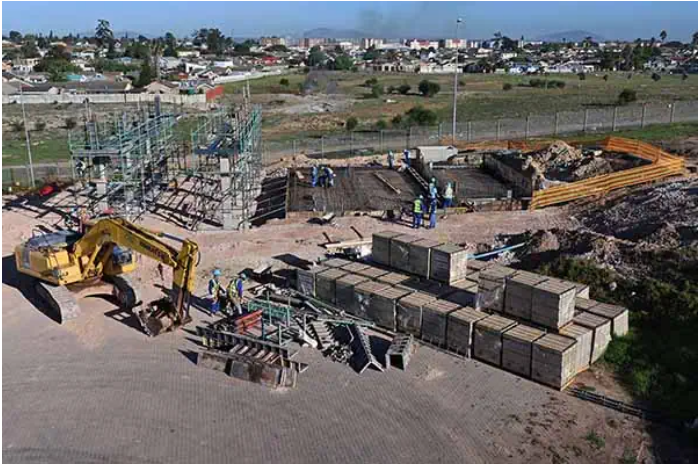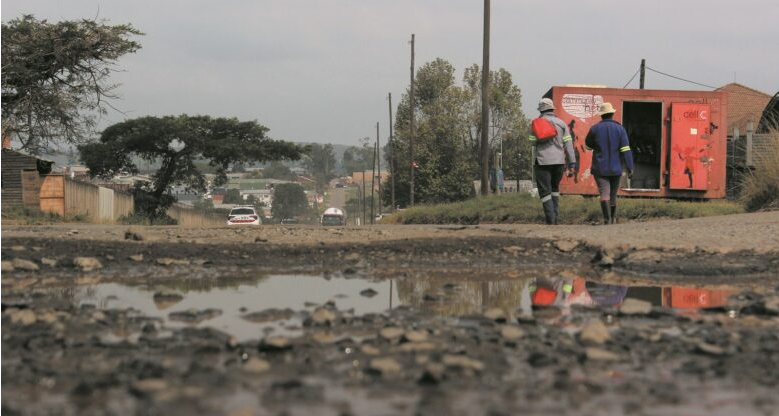Lessening the impact of construction industry challenge

09-02-2016
Read : 82 times
SA Construction News
Source
South Africa, Lack of capacity in governmental and professional structures tasked to implement infrastructure projects is one of the main challenges faced by the construction industry in Africa, resulting in issues with the delivery of quality products within the specified time and budget, payment issues and so on, says Frans Pienaar of Inyatsi Construction.
Frans_Pienaar_Inyatsi_Construction
“These issues impact on the industry. Slow delivery of projects and delays in coming to market cause increased costs, with the lack of capacity in implementing agencies placing an additional burden on a private sector that is already struggling with cash flow,” he says.
The sub-standard quality of products, fading out of competitor and small construction companies, a drop in infrastructure development and the monopoly in the market that follows on this: all have an adverse impact on the construction industry.
However, Pienaar says, the construction industry can overcome these challenges. “The basic standards in the construction industry are the Standard Conditions of Contract, as well as some Standard Specifications, which are mainly enforced through an out-dated model requiring clients to be advised by professionals or teams of professionals.
“The model should rather evolve towards a more modern form that involves a team of all the stakeholders in a project. It should focus on the delivery of a fit-for-purpose product and satisfying the client’s need, rather than external factors such as professional pride and industry envy.”
According to Pienaar the best way to enforce these standards is through self-regulation. “Delivery liability should be as close to the implementer of a project as possible.”
Pienaar believes that public-private-partnerships (PPP’s) and turnkey-type projects can also be used to ensure that risk is managed by the parties best suited to do this.
However, he is worried that industry bodies are too fragmented to ensure efficient self-regulation. “South Africa is trying to maintain its role as the thought leader in the construction industry in Africa, but industry bodies lose their relevance as the emerging markets develop and want to stand on their own feet, bypassing those bodies in order to achieve their objectives.”
Recent News
Here are recent news articles from the Building and Construction Industry.
Have you signed up for your free copy yet?
